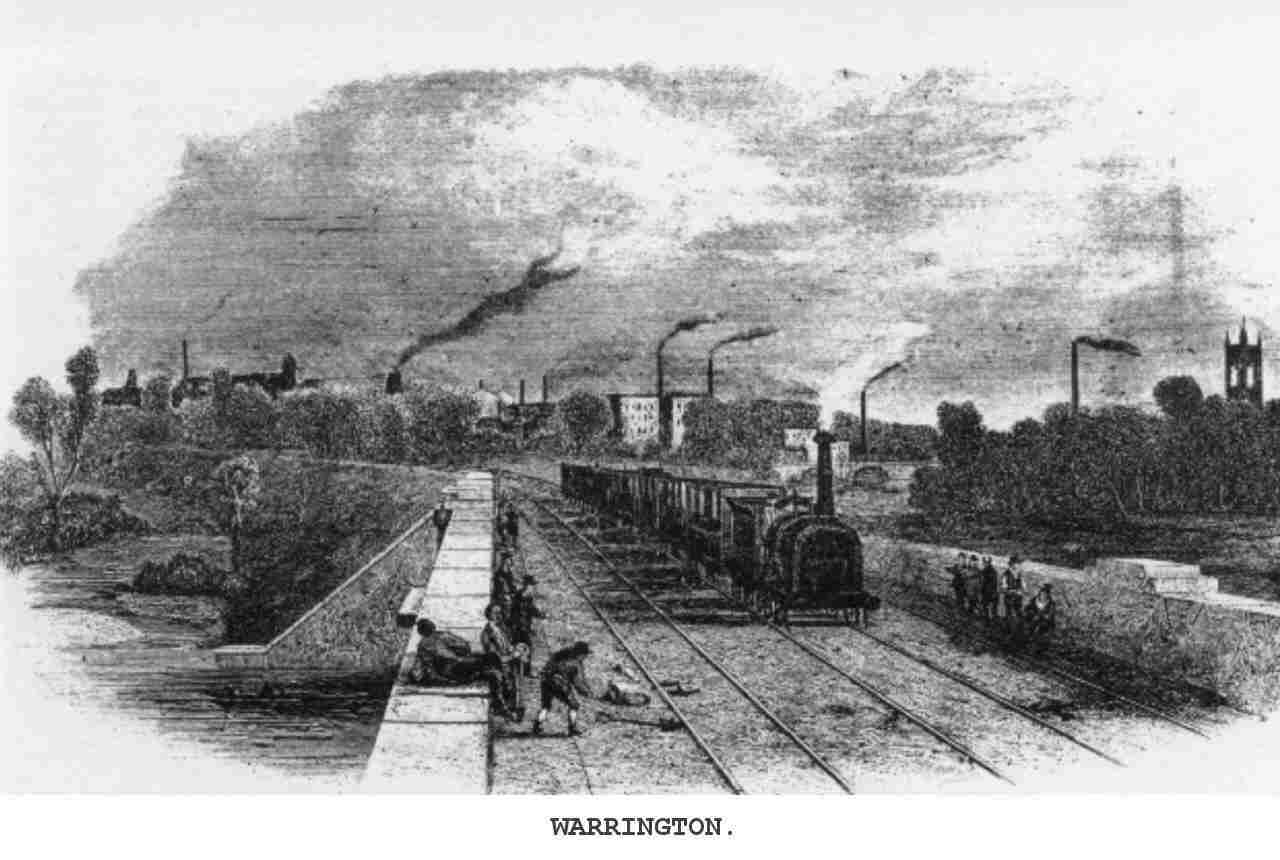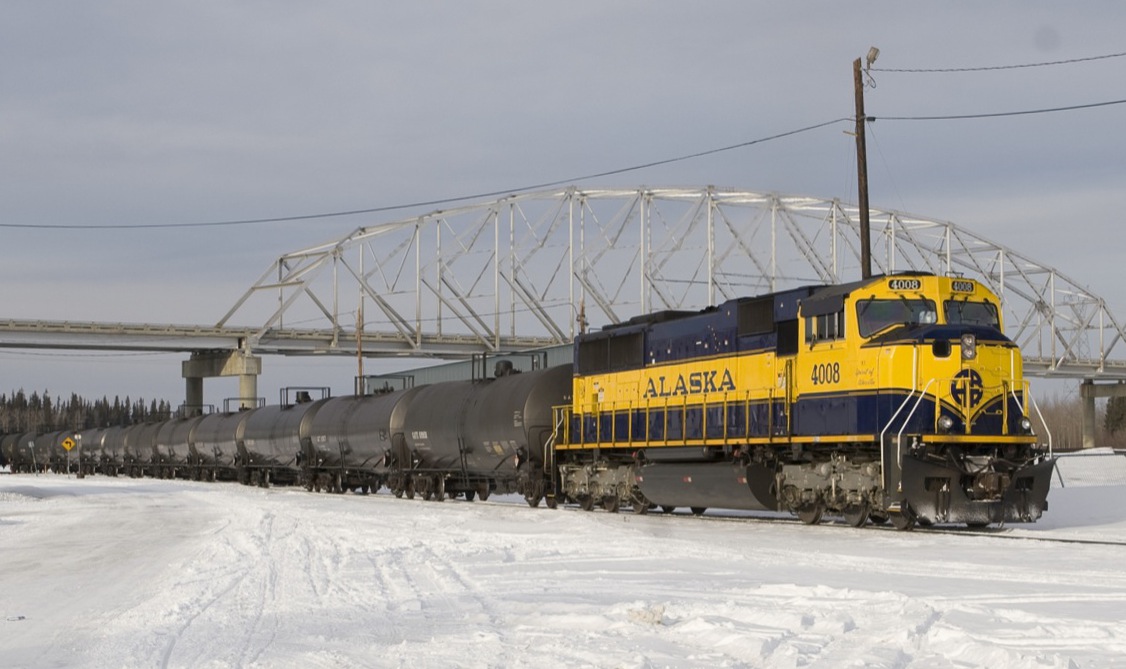|
European Metal Recycling
European Metal Recycling is a global scrap metal Scrap consists of recyclable materials, usually metals, left over from product manufacturing and consumption, such as parts of vehicles, building supplies, and surplus materials. Unlike waste, scrap can have monetary value, especially recover ... company, founded in 1994 by Phillip Sheppard. In 2013, their annual pre-tax profits for the UK were £47 million. They employ around 4,000 people in over 150 locations all around the world. Christopher Phillip Sheppard is the current director of the company. In 2019, EMR was the 16th largest private company in the U.K.https://www.linklaters.com/en/insights/publications/2020/july/top-track-100-britains-top-100-private-companies. Top Track 100-League Table. Retrieved 9 November 2022. See also * Harry Needle Railroad Company References Waste management companies of the United Kingdom Railway scrapyards in the United Kingdom Companies based in Warrington {{Europe-company-st ... [...More Info...] [...Related Items...] OR: [Wikipedia] [Google] [Baidu] |
Privately Held Company
A privately held company (or simply a private company) is a company whose Stock, shares and related rights or obligations are not offered for public subscription or publicly negotiated in their respective listed markets. Instead, the Private equity, company's stock is offered, owned, traded or exchanged privately, also known as "over-the-counter (finance), over-the-counter". Related terms are unlisted organisation, unquoted company and private equity. Private companies are often less well-known than their public company, publicly traded counterparts but still have major importance in the world's economy. For example, in 2008, the 441 list of largest private non-governmental companies by revenue, largest private companies in the United States accounted for $1.8 trillion in revenues and employed 6.2 million people, according to ''Forbes''. In general, all companies that are not owned by the government are classified as private enterprises. This definition encompasses both publ ... [...More Info...] [...Related Items...] OR: [Wikipedia] [Google] [Baidu] |
Warrington
Warrington () is an industrial town in the Borough of Warrington, borough of the same name in Cheshire, England. The town sits on the banks of the River Mersey and was Historic counties of England, historically part of Lancashire. It is east of Liverpool and the same distance west of Manchester. The population in 2021 was recorded as 174,970 for the built-up area and 210,900 for the wider borough, the latter being more than double that of 1968 when it became a New towns in the United Kingdom, new town. Warrington is the largest town in the ceremonial county of Cheshire. Warrington was founded by the Roman Britain, Romans at an important crossing place on the River Mersey. A new settlement was established by the Saxons, Saxon Wærings. By the Middle Ages, Warrington had emerged as a market town at the lowest bridging point of the river. A local tradition of textile and tool production dates from this time. The expansion and urbanisation of Warrington coincided with the Industr ... [...More Info...] [...Related Items...] OR: [Wikipedia] [Google] [Baidu] |
Recycling
Recycling is the process of converting waste materials into new materials and objects. This concept often includes the recovery of energy from waste materials. The recyclability of a material depends on its ability to reacquire the properties it had in its original state. It is an alternative to "conventional" waste disposal that can save material and help lower greenhouse gas emissions. It can also prevent the waste of potentially useful materials and reduce the consumption of fresh raw materials, reducing energy use, air pollution (from incineration) and water pollution (from landfilling). Recycling is a key component of modern waste reduction and represents the third step in the "Reduce, Reuse, and Recycle" waste hierarchy, contributing to environmental sustainability and resource conservation. It promotes environmental sustainability by removing raw material input and redirecting waste output in the economic system. There are some ISO standards related to recycling, su ... [...More Info...] [...Related Items...] OR: [Wikipedia] [Google] [Baidu] |
Scrap Metal
Scrap consists of recyclable materials, usually metals, left over from product manufacturing and consumption, such as parts of vehicles, building supplies, and surplus materials. Unlike waste, scrap can have monetary value, especially recovered metals, and non-metallic materials are also recovered for recycling. Once collected, the materials are sorted into types – typically metal scrap will be crushed, shredded, and sorted using mechanical processes. Metal recycling, especially of structural steel, ships, used manufactured goods, such as vehicles and white goods, is an industrial activity with complex networks of wrecking yards, sorting facilities, and recycling plants. The industry includes both formal organizations and a wide range of informal roles such as waste pickers who help sorting through scrap. Processing Scrap metal originates both in business and residential environments. Typically a "scrapper" will advertise their services to conveniently remove scrap metal ... [...More Info...] [...Related Items...] OR: [Wikipedia] [Google] [Baidu] |
Harry Needle Railroad Company
The Harry Needle Railroad Company (HNRC) is a railway spot-hire company, based at Barrow Hill Engine Shed in Derbyshire. Prior to 2010 the company also recovered valuable spares from scrapped railway vehicles, either on the vehicle owners' sites, or at the European Metal Recycling scrapyard in Kingsbury. HNRC was established in 1998. It adopted an orange livery. In 2002 it introduced a yellow, white and black livery. In 2019, HNRC purchased DB Cargo UK's Worksop depot. As at October 2019, this was being used to store withdrawn InterCity 225s and Class 345s awaiting the opening of the Elizabeth line. In January 2025, the business was sold to Swietelsky. '' |
Waste Management Companies Of The United Kingdom
Waste are unwanted or unusable materials. Waste is any substance discarded after primary use, or is worthless, defective and of no use. A by-product, by contrast is a joint product of relatively minor Value (economics), economic value. A waste product may become a by-product, joint product or resource through an invention that raises a waste product's value above zero. Examples include municipal solid waste (household trash/refuse), hazardous waste, wastewater (such as sewage, which contains bodily wastes (feces and urine) and surface runoff), radioactive waste, and others. Definitions What constitutes waste depends on the eye of the beholder; one person's waste can be a resource for another person. Though waste is a physical object, its generation is a physical and psychological process. The definitions used by various agencies are as below. United Nations Environment Program According to the Basel Convention on the Control of Transboundary Movements of Hazardous Wastes a ... [...More Info...] [...Related Items...] OR: [Wikipedia] [Google] [Baidu] |
Railway Scrapyards In The United Kingdom
Rail transport (also known as train transport) is a means of transport using wheeled vehicles running in tracks, which usually consist of two parallel steel rails. Rail transport is one of the two primary means of land transport, next to road transport. It is used for about 8% of passenger and freight transport globally, thanks to its energy efficiency and potentially high speed.Rolling stock on rails generally encounters lower frictional resistance than rubber-tyred road vehicles, allowing rail cars to be coupled into longer trains. Power is usually provided by diesel or electric locomotives. While railway transport is capital-intensive and less flexible than road transport, it can carry heavy loads of passengers and cargo with greater energy efficiency and safety. Precursors of railways driven by human or animal power have existed since antiquity, but modern rail transport began with the invention of the steam locomotive in the United Kingdom at the beginning of the 19th c ... [...More Info...] [...Related Items...] OR: [Wikipedia] [Google] [Baidu] |



